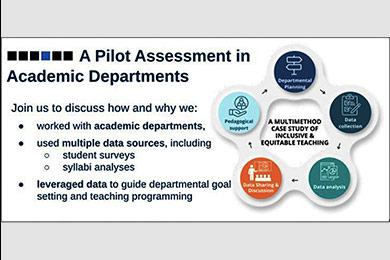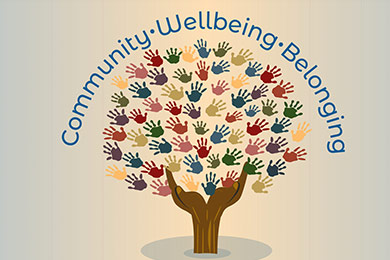
Midcourse Formative Review (MFR) is a new service offered by TLL to support faculty and instructors as they grapple with how to best engage and support their students’ learning.

Due to the contentious issues surrounding the Israel-Hamas war, you may encounter situations in your classroom that challenge your skills as an instructor. These resources can help you develop strategies […]

In June 2023, Dr. Ruthann Thomas and Dr. Amanda Baker of the MIT Teaching + Learning Lab presented the Inclusive and Equitable Teaching (IE-Teaching) Assessment at the Transforming Institutions Conference. […]

Making Documents Accessible Accessibility is the practice of creating digital content that all people can perceive, understand, interact with, and navigate. Since so much, if not all, course content is […]

On Thursday, February 16, we hosted Dr. Maithreyi Gopalan to discuss her latest research on how students’ sense of belonging matters. Takeaways Professor Gopalan began her talk by discussing how […]

On Thursday, December 15, TLL hosted members of the RIC16 Ad Hoc Committee to discuss their year-long work to understand and document how MIT instructors and faculty fostered community, wellbeing, […]

by Lourdes Alemán & Melissa Cao Although student mental health has long been a concern in higher education, the pandemic, by its very nature, exacerbated students’ mental health. The pandemic […]

On Thursday, October 6, 2022, we hosted Drs. Jamiella Brooks and Julie McGurk to discuss how inclusive teaching, by definition, promotes academic rigor. Redefining Rigor In her opening remarks, Dr. […]

Key takeaways: A more holistic approach to student thriving considers external factors in a student’s environment that may impact their performance. The holistic model seeks ways to support students as […]

In January 2022, the Teaching & Learning Lab launched a new interdisciplinary community in which 12 MIT faculty and instructors came together to engage in anti-racist work within the context […]

